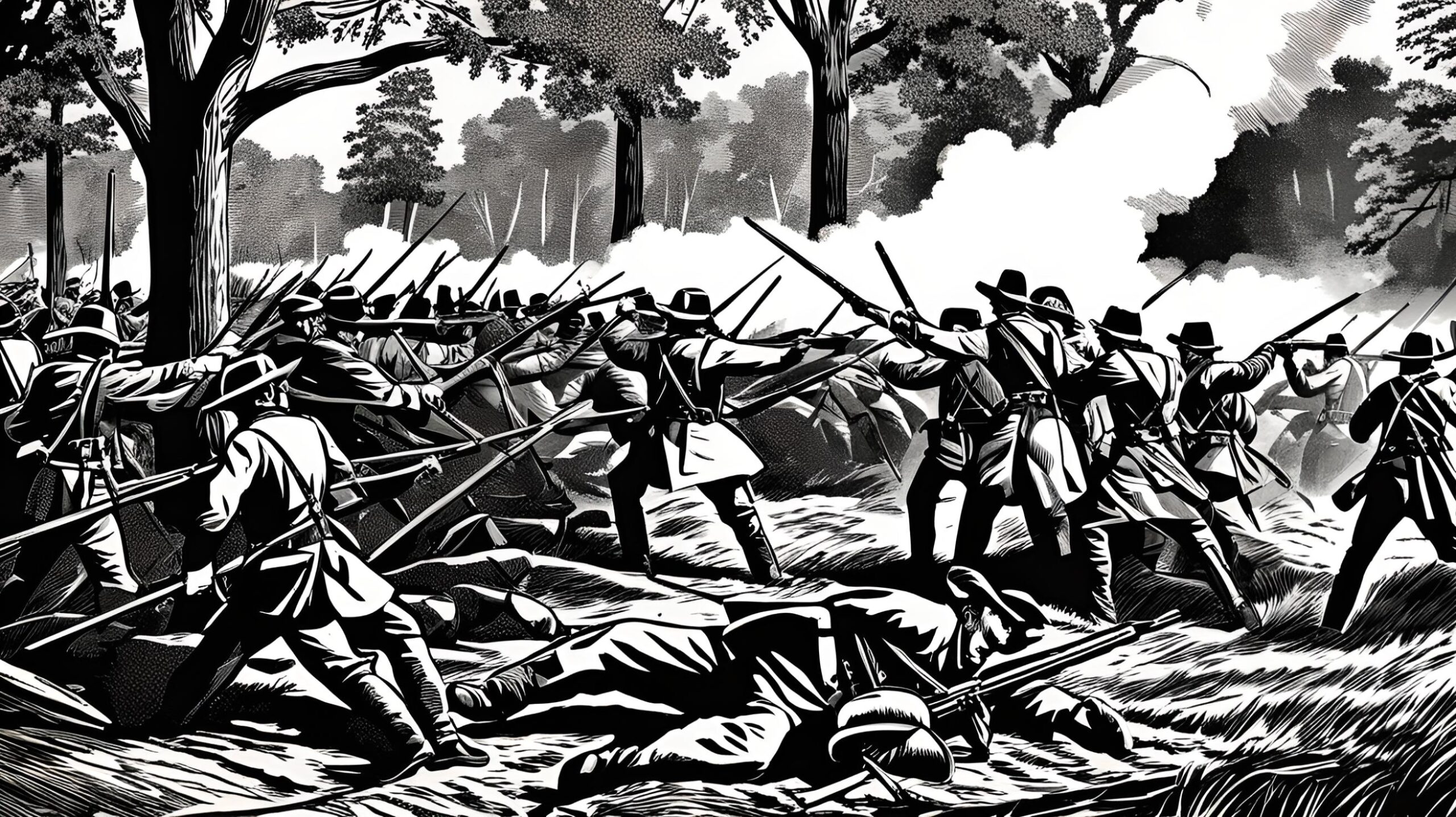Flashback to September 1
American History

Just over a century ago, on the 11th day of December 1917, a troubling and somewhat obscured historical event took place. Thirteen black soldiers were executed for their alleged involvement in what is widely referred to as the Houston Riot. Such an event, fraught with racial tension and military discipline, directly relates to the broader discourse of racial justice, understanding systemic biases, and civil rights in the United States. Whether this event is a focal point to study the military history, race relations, or historical injustice, it can serve as a poignant, often overlooked chapter of American history.
The incident, known as the Houston Riot, occurred in August of 1917. It should be noted that the term ‘riot’ is contentious, with some historians preferring the terminology ‘mutiny’ or ‘revolt.’ Regardless of semantics, the event was triggered by ongoing complaints of racial discrimination and harassment the black troops experienced in Houston, Texas.
The members of the 3rd Battalion of the 24th United States Infantry, a predominantly black regiment stationed in Camp Logan, Houston experienced intense racial hostility. Tensions reached a boiling point after a series of altercations between black soldiers and white civilians, culminating in a standoff that left 16 white people and four black soldiers dead.
In the aftermath of the violence, 118 black soldiers were arrested, with 110 indicted on various charges. Among them, Thirteen black soldiers were sentenced to death in what remains one of the largest murder trials in American history.
The gripping image of thirteen black soldiers hanged on December 11, 1917, for their alleged participation in the Houston Riot, stands as a stark reminder of systemic racial discrimination. This event, imbued with the racial undertones of early 20th century America, was overseen by a racially biased court-martial, exacerbating discourses paradoxically founded on racial justice, military discipline, and civil rights.
This historical event has since been explored by many historians, scholars, and social activists, each probing into the testimonies of those involved, the systemic prejudices prevalent in the legal system, and the broader social implications for race relations in America. The Houston Riot and subsequent execution of thirteen black soldiers are poignant reminders of the underlying racial tensions that often intersect with military discipline and justice.
The execution of thirteen black soldiers on December 11, 1917, triggered widespread outrage and protests, drawing attention to racial discrimination in the military. The aftermath of this incident became a turning point in the fight for civil rights and racial equality within the United States Armed Forces. It also provoked a lengthy discourse on the role of the military justice system in matters concerning civil rights.
In the succeeding decades, the story of these thirteen black soldiers would continue to inspire activists, historians, and scholars faced with the issue of racial injustice. The narrative would stand as a rallying point for civil rights activists framing the quest for racial justice and equality within the military as an integral part of the broader civil rights movement.
Over a hundred years later, the memory of the thirteen black soldiers hanged on December 11, 1917, poses important questions on the intersections of race, justice, and military discipline. How do social antagonisms interject into seemingly impartial structures of military justice? And effectively, how does one decode, understand, and confront systemic biases entrenched in these structures?
the event of thirteen black soldiers hanged for alleged participation in the Houston Riot proffers a crucial starting point to discuss the intertwined issues of racial justice, systemic biases, and civil rights. It is unequivocally a bleak chapter in the narrative of American history, yet it also serves to illuminate the complexities of racial tensions, military justice, and institutional biases. This juxtaposition is precisely what makes the Houston Riot a researchable historical event, a conversation starter, and a mirror reflecting the contradictions inherent in national identity.
We strive for accuracy. If you see something that doesn't look right, click here to contact us!
Sponsored Content

The Civil War: Severe…
Experience the intensity of…

Henry “Scoop” Jackson, American…
Renowned American Senator-Democrat for…

Leonor Sullivan, American politician…
"Remembering Leonor Sullivan: prominent…

Great Hinckley Fire: A…
"Experience the chilling history…

In the USA, the…
On September 1, 1982,…

California Constitutional Convention held…
On September 1, 1849,…

